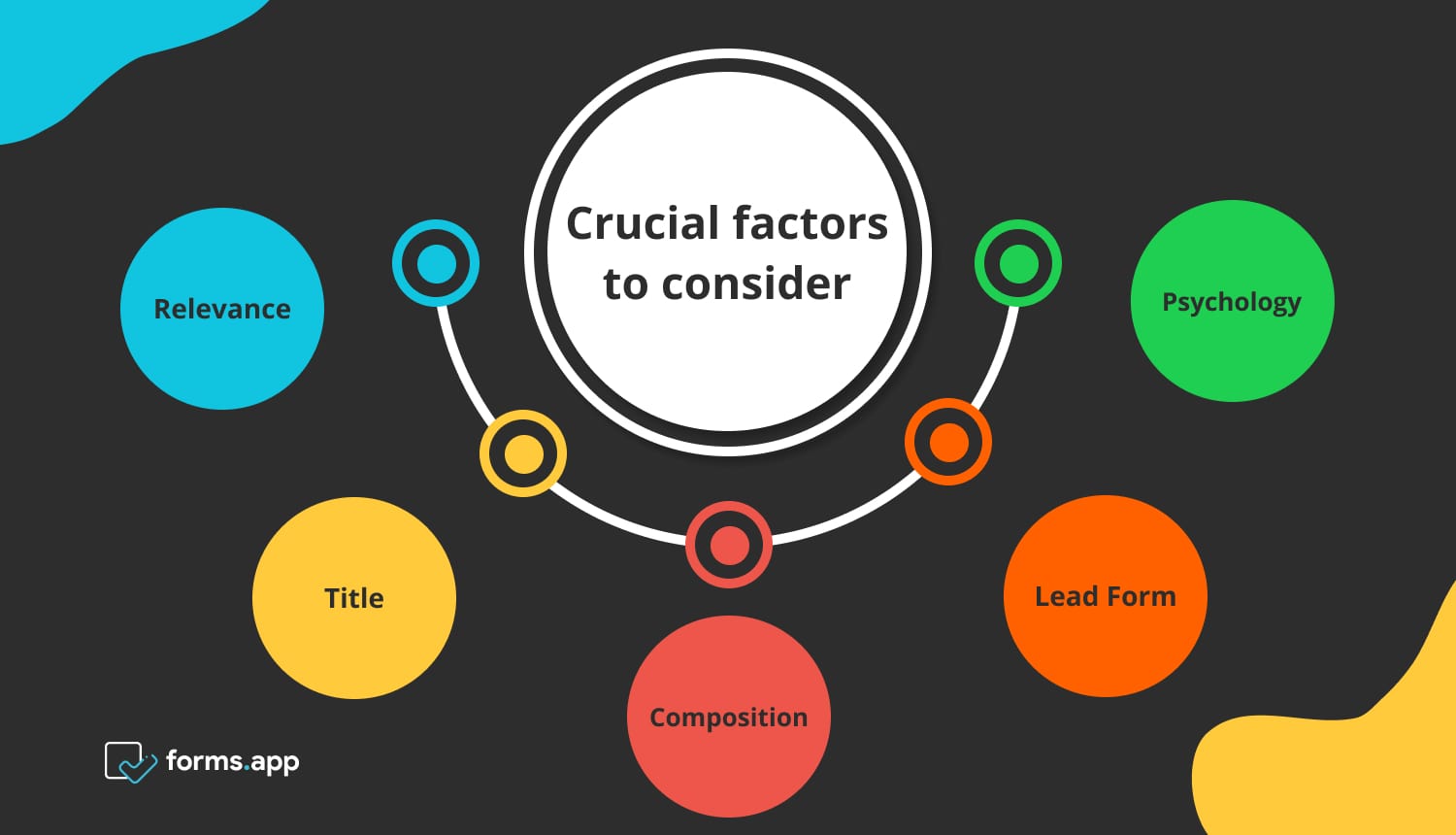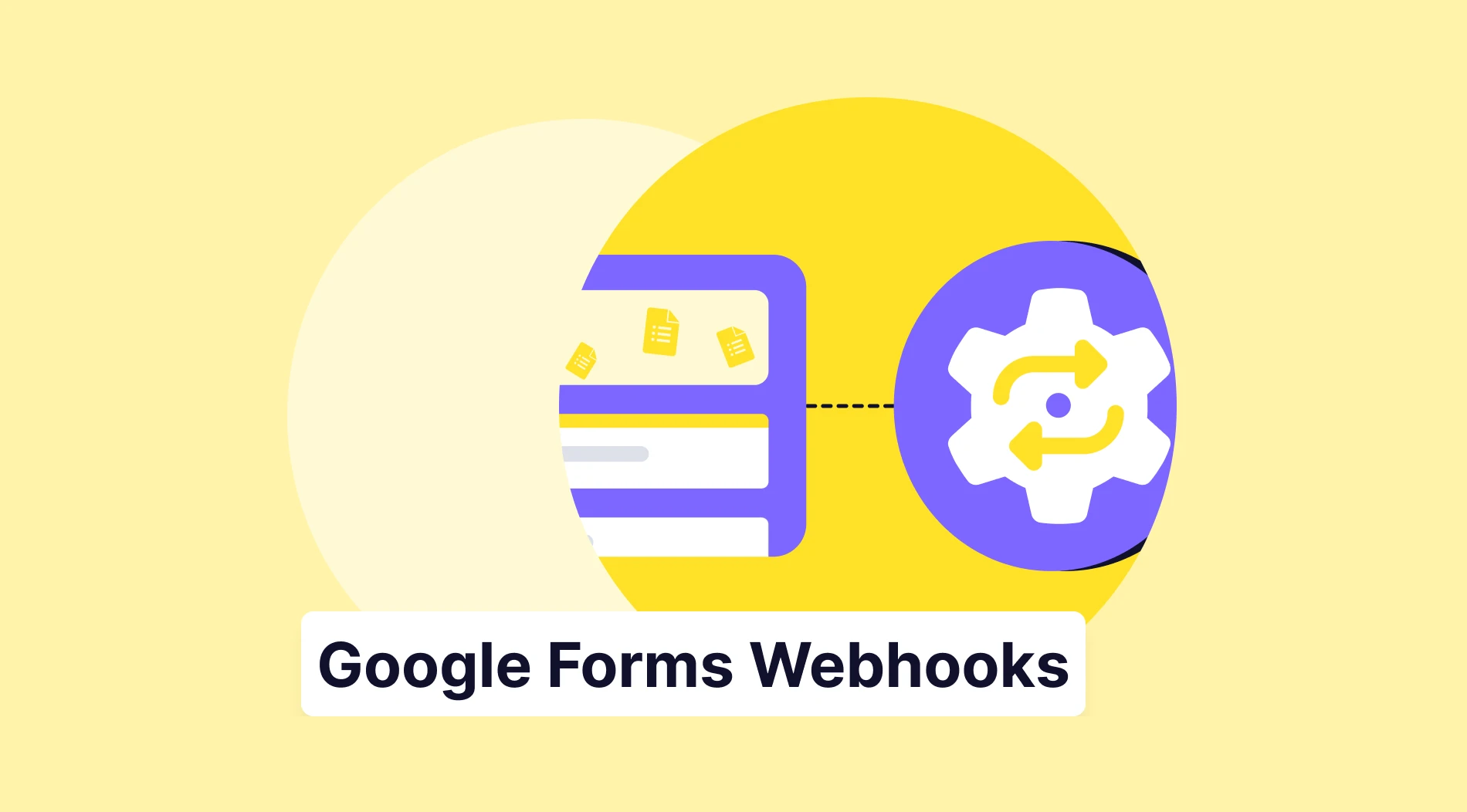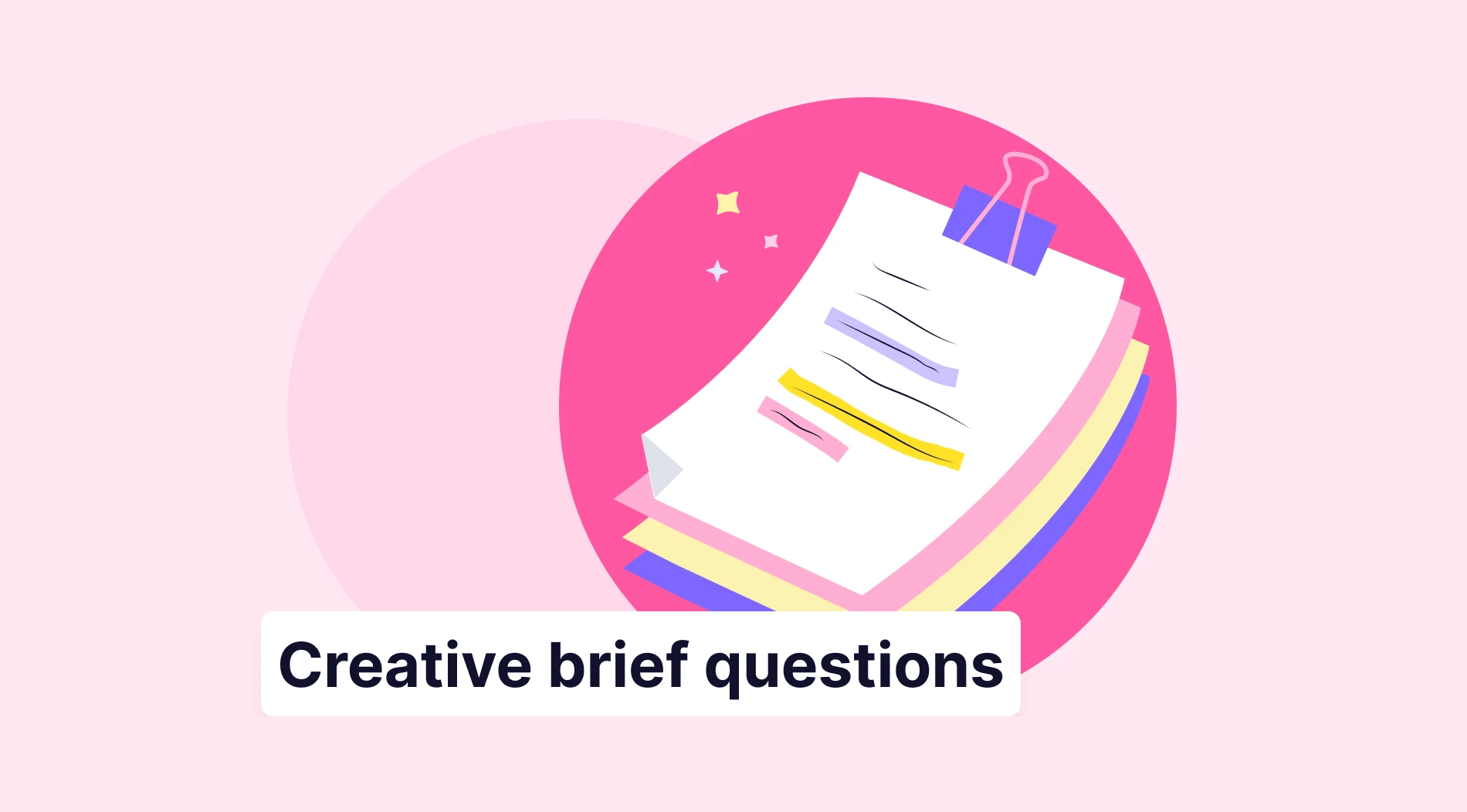Whether you sell insurance, automobiles, appliances, or clothing, constantly looking for high-intent leads and effective conversion strategies is imperative. But you might be missing the hidden gem of lead generation – online quizzes – costing you a painfully significant number of leads that could’ve doubled, tripled, and quadrupled your bottom line.
With so many up-to-date lead generation techniques, a bland “Subscribe now” offer won’t cut it. Even in conventional business avenues, people seek tailor-made experiences that keep them engaged and wanting more. In other words, people seek quizzes. Engaging quizzes.
- Quizzes capture up to 30% of leads, or at least 10 times more leads than email.
- Quizzes are the most viral form of online content, completed by 96% of readers.
- The most shared online quiz has gotten over 5.4 million social interactions.
However, it’s not enough to generate a sequence of random questions and wait until prospective customers come and buy from you. You must do much more than that. Read on to learn how to create quizzes that can be a game-changer for your lead-generation efforts.
Quizzes are your secret lead-generation weapon
The ever-growing competition for online consumers is all about data. The more data you have, the easier it is to qualify and convert leads. But data collection is a double-edged sword. On the one hand, people are eager to learn about themselves, even if it requires commitment. On the other hand, they are unwilling to expose their data.
As many as 78% of internet users in the United States are proactively looking for ways to protect their privacy online, making data collection more challenging. But there’s a silver lining: online quizzes can collect data without asking for data and, therefore, without raising concerns. For that, though, you must make your quizzes captivating and work your questions subtly.
How to create a quiz that sells
The average quiz enjoys 200 shares, takes around three minutes to complete, and reflects the need for short, engaging content. Sounds good, huh? The only problem is that creating such a quiz is challenging, especially if you’re not an online quiz expert. But don’t worry; we’ll make it easier for you. Below is a recipe for crafting a mind-blowing quiz.

1. Relevance
The good news is that you can rely on previously collected data to segment your quizzers, enabling tailor-made content for them. The main segmentation criteria include demographics ( age, gender, location, occupation, income, marital status, etc.), psychographics (goals, values, fears, aspirations, attitudes, etc.), and history of interactions (previous touchpoints, purchases, etc.).
- For example, a “What type of driver you are?” quiz will likely strike a chord with car owners and repel housewives. A late-spring “What type of beer should you drink this summer?” quiz is bound to excite male drinkers while turning off abstainers.
2. Title
- Work with pain points: Address your customers’ pains, needs, and wants in the title. “Pass this English test to get a 50% discount” might work for aspiring language learners, but it will be useless for native speakers.
- Personalize: On top of standard practices – addressing the quizzer by name, emphasizing the word “you,” etc. – customize your title for different groups of quizzers by devising different titles for various locations, ages, or genders.
- Avoid clickbait: Not only should your quiz be relevant to your quizzers, but the quiz's title should reflect the content. The incongruence between the title and the content of the quiz is the quickest path to failure, resulting in angry quizzers, negative feedback, and no engagement.
In an age when 80% of people only read headlines, a catchy title can draw 500% more quizzers. Take as much time on your title as you do on the rest of your quiz. You can choose from dozens, if not hundreds, of titles based on your audience and goals. For example:
- What should your ideal [business, house, partner, etc.] be?
- What type of [driver, cook, painter, partner, personality, etc.] are you?
- Which of these is your [hidden talent, body type, etc.]?
3. Composition
- Keep it short and straightforward. Questions must be logically connected and easy to answer. Convert quizzers by providing them with a terrific pastime. Avoid complex words so everyone can understand you.
- Make it about them, not you. Quizzes are not about your product but your customers. Let your quizzers learn about themselves instead of dragging them into a survey.
- Ask between 7 and 20 questions. Three-minute quizzes are the most effective, so there’s no need to reinvent the wheel. As tempting as it may be to collect more data, keep your quiz within a reasonable time limit.
- Establish the correct order of questions.
- Start and end your quiz with your two best questions to convince your quizzers to commit.
- Put the most difficult questions (if any) in the middle or at the end of the quiz so your readers face these questions after they’ve already committed to it.
- Keep the structure of the quiz intact. Keep the same structure throughout the quiz – for example, four answers to each question –– to improve user experience. At the same time, provide quizzers with enough answers so they would have at least one match for each question.
- Avoid “true or false” questions in short quizzes. Avoid 50/50 questions, especially for brief quizzes, as such questions are easy to guess and may not indicate the actual knowledge or intentions of the quizzer. Likewise, avoid “All/None of the above” answers that may confuse quizzers.
- Make it beautiful. Work on the visual appeal of the quiz to stand out. Visual information is perceived 60,000 times faster than text, accounting for 90% of the information we consume.
4. Lead form
You want to collect as much customer data as possible, but you can’t do it at the expense of a long lead form. The rule of thumb is to ask the quizzer for an email and maybe a name, as asking for more than that may cause suspicion and irritation. Likewise, provide the quiz results to all your leads, even those who don’t want to share their email. Opt-ins will grant you shares and likes, even from those who opted out of sharing their info.
5. Psychology
- Fear of Missing Out (FOMO): Is it not fun to miss out on an offer that others have taken full advantage of, isn’t it? Nobody likes to be left behind, which is why FOMO marketing is so effective. Adding some FOMO at the end of your quiz is a surefire way to trigger conversions.
- Loss aversion: Most people prefer to avoid losses than receive the equivalent amount in wins. Focus on what your readers will lose should they not proceed with the quiz – “Complete the quiz to stop losing money daily” – to convert more quizzers.
- Reciprocity: People are willing to reciprocate once they receive something valuable, which gives you an idea of when you should ask for commitment. Reserve the most helpful questions before displaying the lead to leverage reciprocity.
- Social proof: People are eager to trust recommendations from sources they know personally or find authoritative: experts, celebrities, company representatives, etc. Utilize facts, statistics, quotations, and other authoritative information to capitalize on social proof — for example, “90% of quiz takers improve their money management.”
- Endowment: Evoked by free trials, the feeling of belonging makes us estimate the product as more valuable than it actually is. To use the endowment effect, offer a free monthly subscription in exchange for a quizzer’s email information.
Why customized quiz results are crucial to generate leads
One of the worst (and most popular) mistakes is overfocusing on questions at the expense of quiz results. After all, your readers are taking the quiz to see the results, not just commit to what you ask them. On forms.app, you can use the calculator to show different messages at the end of your quizzes.
For the quiz to be a win-win — and to have a good chance of converting the quizzer in the future — provide your leads with value and avoid deceptive practices. They will never buy from you if they feel tricked.
Go omnichannel to promote your quiz
Putting your quiz online is only half the job — the other half is to promote it wherever you have an online presence. From Facebook to Twitter to emails to forums to pop-up ads to affiliates, the sky’s the limit when it comes to gaining exposure. For instance, you can add the quiz to your website’s menu, dedicated blog post, or email signature.
Wrap-up
Online quizzes can become the centerpiece of lead generation for many of your campaigns. Although you might not be able to repeat the success of BuzzFeed and quiz behemoths alike, you are almost guaranteed to draw extra leads, increase brand awareness, and grow your bottom line with a well-crafted quiz masterfully integrated into your marketing campaign.



